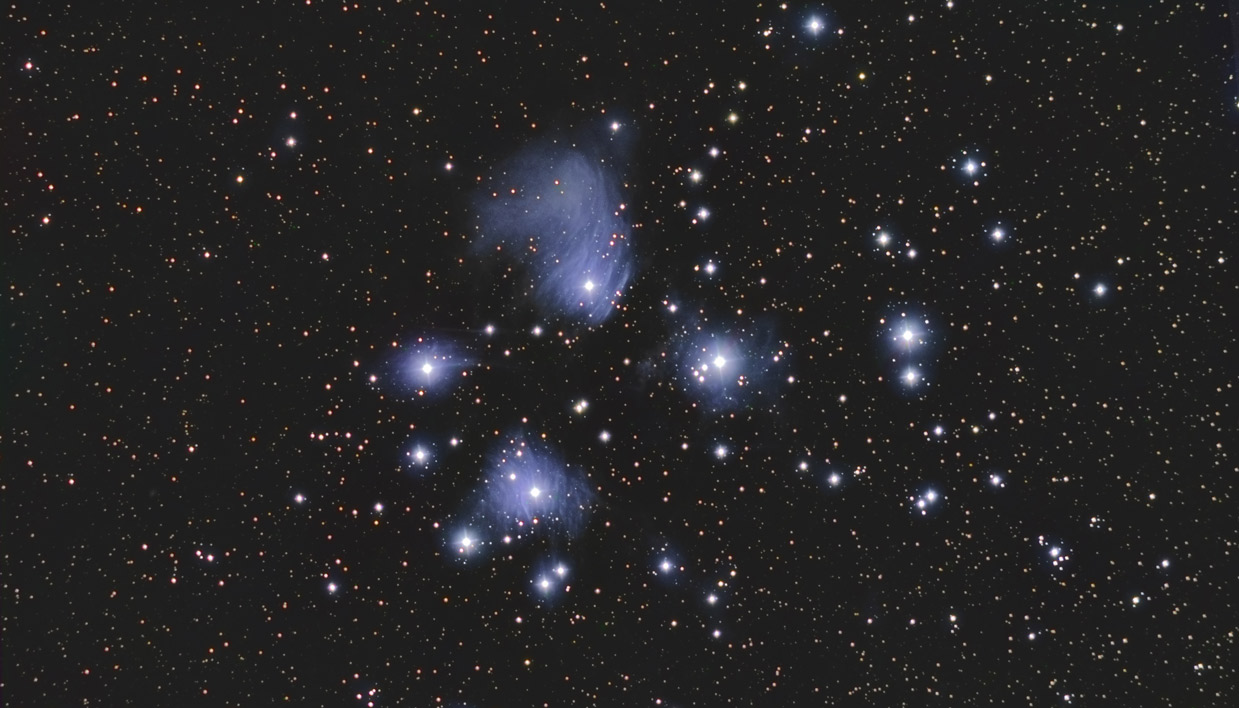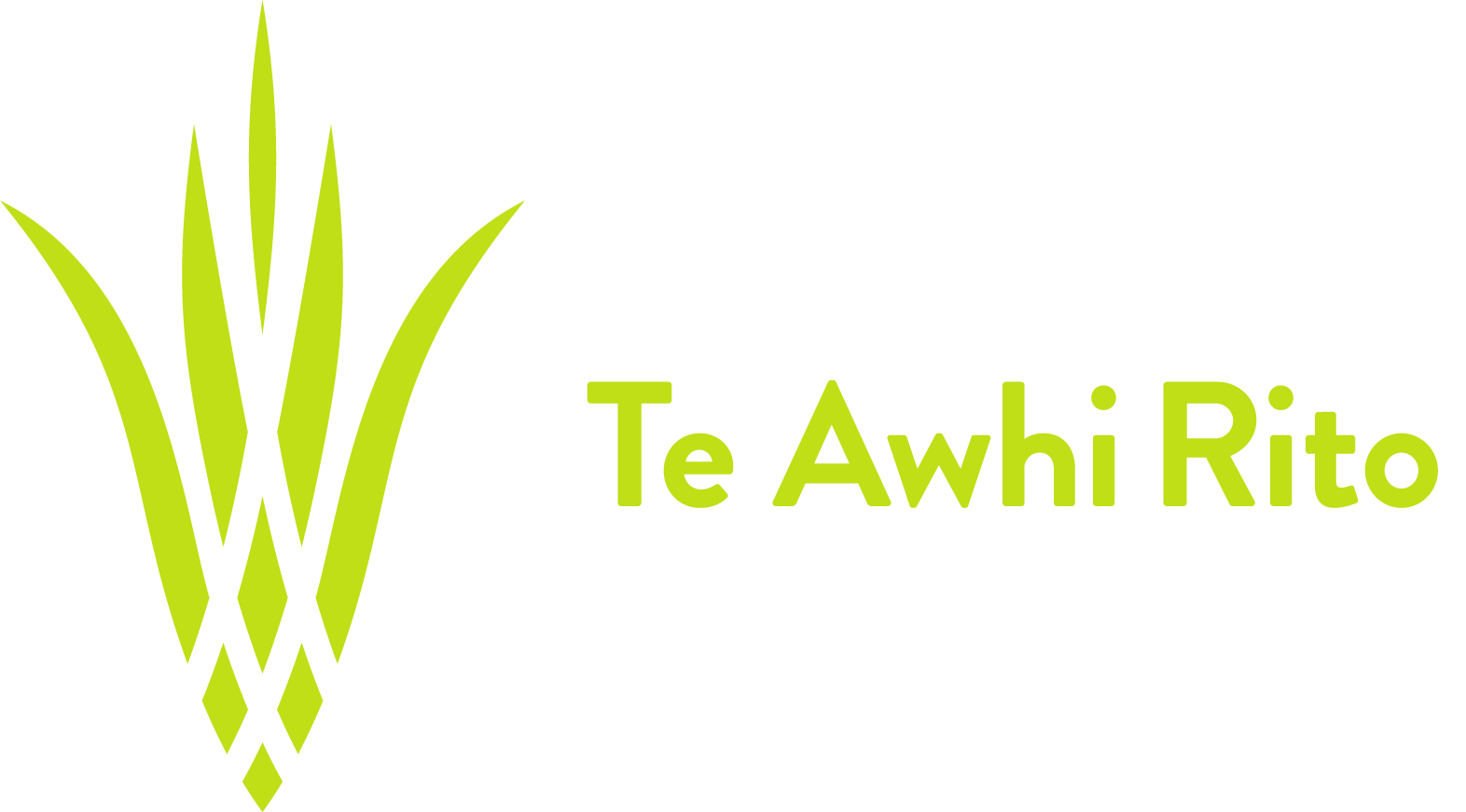Once upon a time there was a story
Ben muses on Matariki and the universality of origin stories, which define our beginning and help us make sense of the things around us.
Matariki is many things
Matariki is so many things. Now it’s a holiday as well, which of itself is no small thing really. This new Holy Day does not emanate from any birth, death or resurrection of a Nazarene Messiah, so far away from our context it might as well be Pluto. Nor does it celebrate the birthday of a Queen or a Colony claimed in her symbolic honour. It doesn’t commemorate fighting the Turks in the Dardanelles for an English King and a Dominion of Empire either.
Matariki observes the completion of a natural cycle of existence ongoing since the twinkles we see were placed in the firmament by a clumsy god tripping over his basket of stars — Te Kete Nui a Tāne — or by the residual expansion of matter from the biggest bang ever that cooled and settled and coalesced to form a universe of possibilities, or any number of gods, deities and esoteric conjurings brought everything we know into being.

The Matariki star cluster. Image credit: M45 Pleiades by pbkwee. Flickr. Some rights reserved: CC BY 2.0. Image cropped.
Stories define our beginnings
To whatever origin we align, one thing is a constant, there will be a story that defines the beginning of things. There will be kōrero. There will be kupu.
These artefacts are universal to all people. Whoever and wherever you are, you will have a narrative ascribed to your origin. In Aotearoa, Matariki connects daily human experience to Te Timatanga — The Beginning — in an ongoing natural cycle of existence revealed to us by Rangiātea and Papatuānuku, Sky and Earth, Father and Mother, and their mokopuna, Te Whānau Mārama (The family of light that is the sun, moon, stars and lesser lights) whose parents were Tangotango (He is the darkness between all light — dark matter and energy) and Wainui (She is all of the waters).
Somehow it makes sense to me that light might emerge out of a union between darkness and water. There seems to be a logic, perhaps based on long, long periods of observation, of watching, of noticing little sparkles and glimmers and flashes that leap like little fish out of the rippling waters on the darkest of nights when the merge between the water and the universe is invisible. These little fish, these stars and their journeys across the sky; their kōrero — their story, and what it reveals to us all — is Māori. Of this land.
Once upon a time, stories explained Everything encompassing All Knowledge. Stories put the stars in the sky, shaped the mountains, filled the oceans. They told us how we got here, why we came, and where we were going when it’s over. Stories told us everything we needed to know and a lot of stuff we didn’t. Stories Made Everything. But most of all, stories made sense. When something makes sense to us, we get a buzz. It’s that feeling you get when you know you’ve ‘got it right’ or ‘cracked it’.
A need to make sense
Sometimes I think, if there is a fundamental or perhaps elemental purpose to life, human life anyway, a base motivation as the driving force behind our various proclivities and apparent predispositions, then it has to be some kind of automatic requirement that we can ‘make sense’ of what is happening around us.
We need to make sense of things happening around us so we can place ourselves within that context, understand our relationship with it, derive some notion of control over our circumstances. That’s what humans do. In the normal course of events in the normal course of a life. Even when we don’t know we’re doing it. Actually, especially when we don’t know we’re doing it. That’s when making sense of things is important.
Reading allows us the pleasure of trying to make sense of a probably limitless universe of possibilities.
